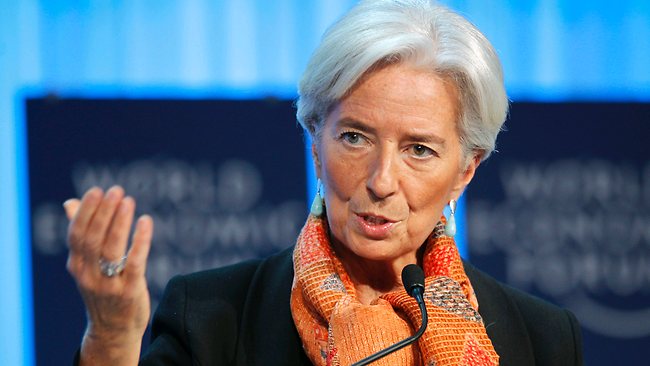 The International Monetary Fund (IMF) has advised the Federal Government to build up revenue mobilisation through tax capacity building for the country to get out of recession and meet the Sustainable Development Goals (SDGs) of the United Nations.
The International Monetary Fund (IMF) has advised the Federal Government to build up revenue mobilisation through tax capacity building for the country to get out of recession and meet the Sustainable Development Goals (SDGs) of the United Nations.
Its Director, Fiscal Affairs Department, Vitor Gaspar, who spoke at a press briefing on the IMF Fiscal Monitor report in Washington yesterday, said the debt rise in the country is characteristic of oil-producing economies.
He said: “Message number one is that if you look at the global debt and deficit landscape, you’ll see that the countries that have the highest public sector deficit are oil exporters,” he said.
“Nigeria is in debt group as a country that was very much hit by very low oil prices. That is a general message because it applies to oil exporters in general; the group of oil exporters have shared some characteristics.
“The most important point in my view of general relevance is that for countries in sub-Saharan Africa to deliver on SDGs, for most of them, the key challenge is the building up of revenue mobilisation capacity through tax capacity building; that’s a key priority.
“These countries must improve their capacities to raise revenue, and why is that so? Because there is such need in term of public infrastructure, there is such need in terms of public education, there is such need in terms of health.
“For these groups of countries, public finance, fiscal policy is part of the overall development strategy, and in that, tax capacity is a fundamental cornerstone.
The global lender warned that the economic situation in the country was creating economic difficulty for its neighbours, being a very important economy in the West African sub-region.




